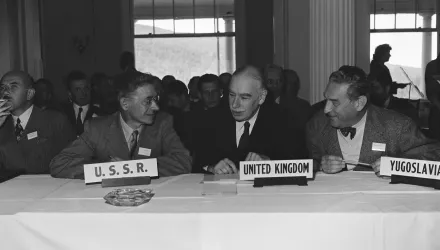International Security is America's leading peer-reviewed journal of security affairs.
Abstract
Since the 2006 bombing of the al-Askari Mosque, 4.5 million Iraqis have fled their homes, and displacement has become a central strategy in the civil war. Militant groups have engineered these colossal population movements to consolidate their power and expand their territorial claims. As this crisis demonstrates, displacement can expand and intensify violence during a civil war. In addition, refugee flows increase the risk that conflict will spread across international borders. In some cases, refugee militarization can lead to international war and regional destabilization. Even if the displaced Iraqis do not join militant groups, their mere presence will exacerbate political tensions. To prevent the wide-scale militarization of the displaced Iraqis, donors and host states should heed the following policy recommendations. First, provide a massive infusion of humanitarian aid. Second, resist the temptation to build camps to house the displaced. Third, do not return the displaced people home against their will. Fourth, expand and expedite the resettlement process, especially for vulnerable Iraqis such as those who were once coalition employees.
Lischer, Sarah. “Security and Displacement in Iraq: Responding to the Forced Migration Crisis.” Fall 2008





